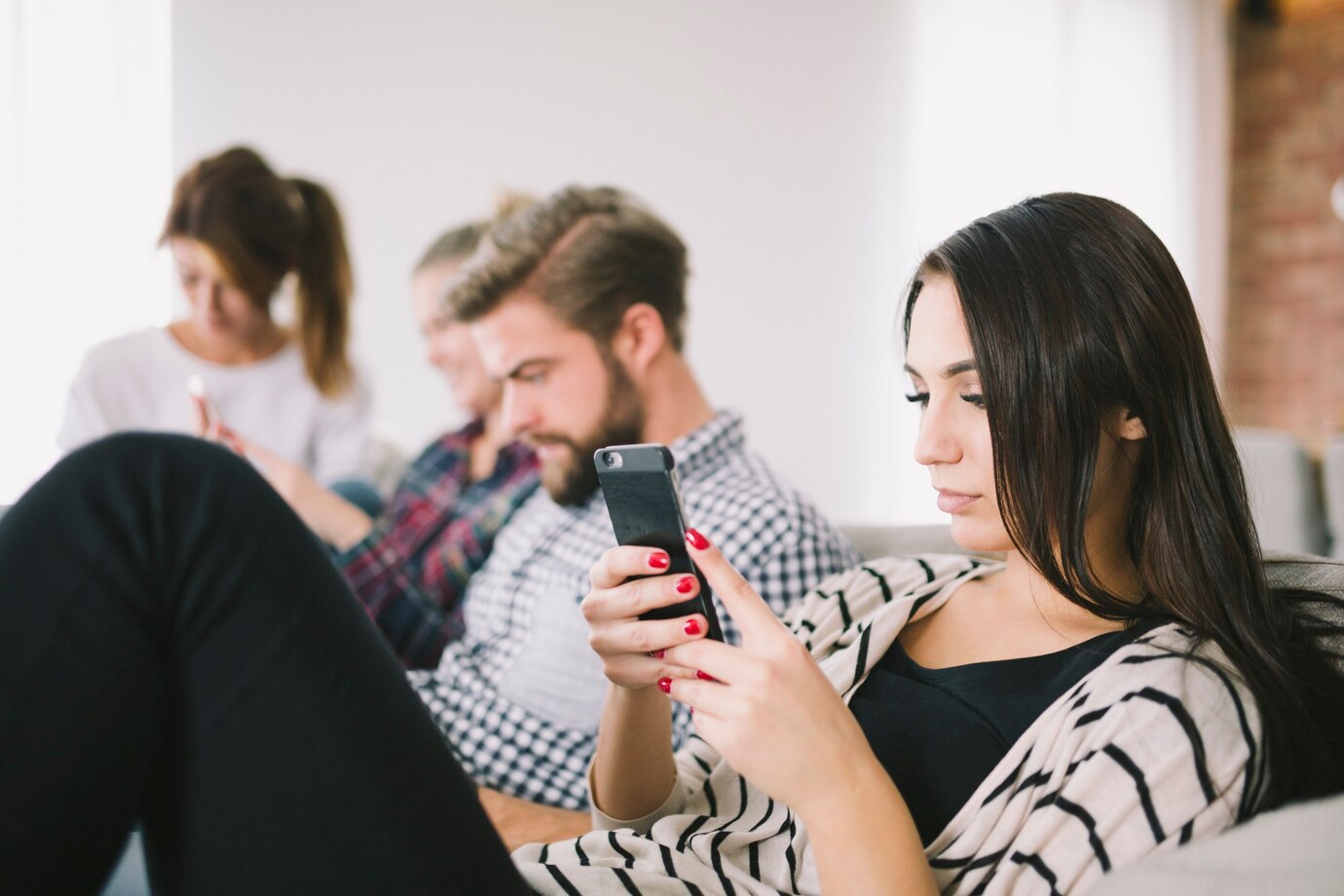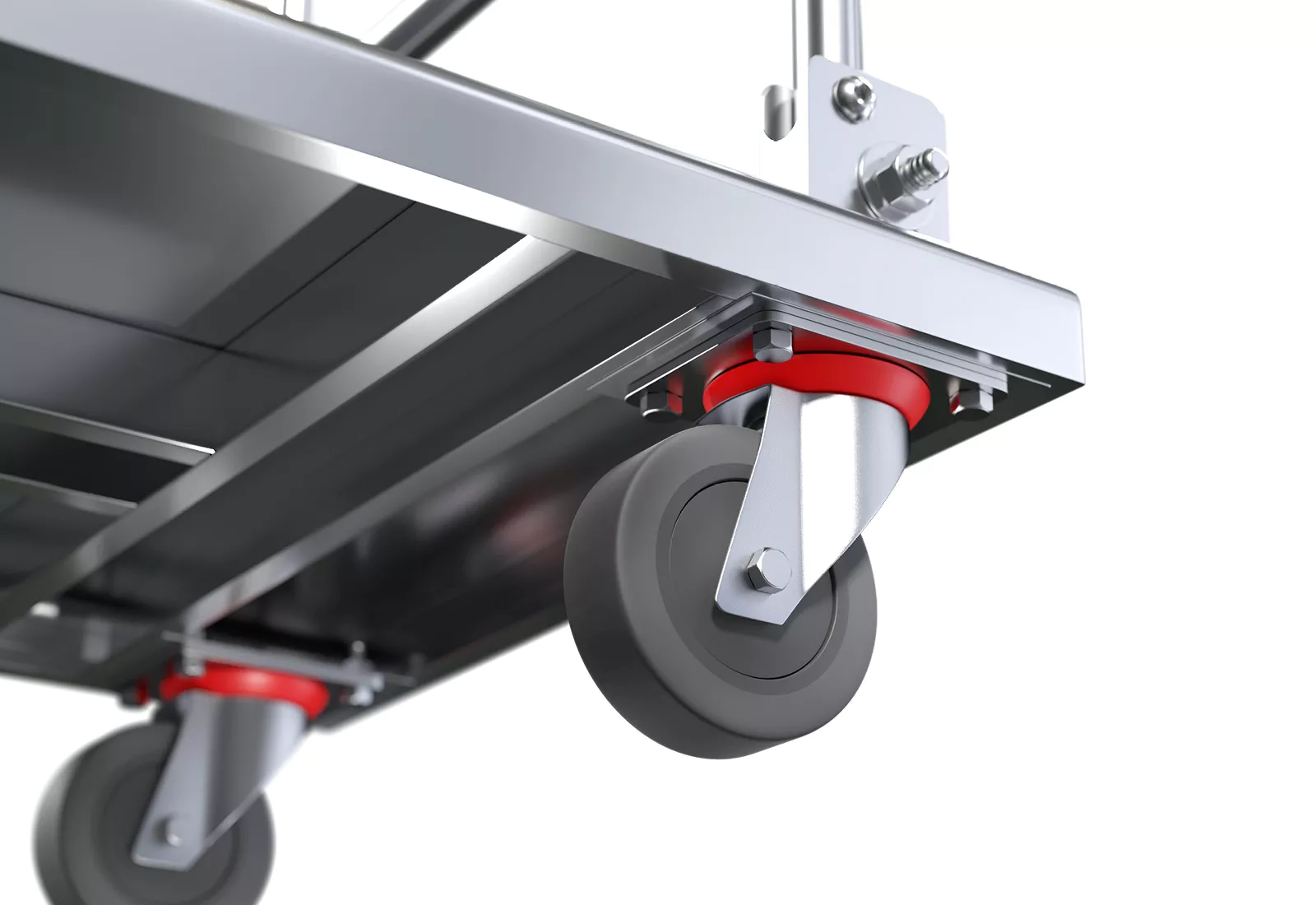It is likely that before reading this article, you were scrolling through the pages of your Instagram or Facebook feed, looking at the most recent picture you received on Snapchat to see whether anything had changed in the 30 seconds after the last time you examined. Are you right? Who can I blame? you. We’re connected more than ever before, and we owe to our gadgets. This is creating a dependency which is frequently ruined due to its “needs” it serves in our everyday life.
I’m guessing that you’re reading this article because you’re feeling that you spend too much time on your smartphone (or the usage report you received told you that), and it’s having an effect of causing stress on you. If this is the case, you are you’re welcome in the group.
If you’re not there yet then you don’t need to go on reading.
However, let a few statistics be the focus of your attention, and you might reconsider the reasons for leaving this page:
The majority of people access their phones in the first five minutes following having risen in the early morning (source) This certainly includes me. Time said it was the case that, in the United States, the average smartphone user checks their phone on average 46 times per day. If we multiplied that number by the approximate. number of smartphone users within the United States (~185 million) we can conclude that Americans use their smartphones approximately 8 billion times per day.
Have you ever tried to count the number of times you’ve used your phone (whether it was intended or otherwise)?
I’ve had that experience many, and the data reported above are not bogus (except the fact that I’m not American, which means that I am not legally… however, what the heck). You may be reluctant to label your dependence on technology a dependency; however, your spouse or friend has at least once turned off your mobile or more than once.
So are you ready to unplug from your smartphone and give your hands a rest? I’m sure this will be a bit painful initially, but as with all other treatments, it gets less with time.
Table of Contents
1. Ignore sitting idle
It’s often in the transitional periods, or times of boredom, that we reach to our phones as an automatic response to fill the gap left by the waiting period. As per Jamison Monroe, Newport Academy’s CEO Newport Academy, the best method to stop scrolling is to make your list of tasks you can do in the time you are not working.
The most important thing is to come up with ideas that are appealing to you.
Here are some suggestions for you:
- You could be on an excursion
- You might be writing on paper using an ink pen
- You might be dancing or singing to your favorite tune
- You can also take a step down and perform 10 push-ups (or move… it could be a stretch)
- You can close your eyes and meditate for as long as 10 minutes.
2. Make use of the internet for your knowledge
Install apps that inform you of the times you’ve accessed your phone on the day that you’re using the phone to warn you about breaking self-imposed limitations. These apps will block your mobile apps automatically for a specific duration to allow you to focus your attention off of your phone.
Facebook introduced a new feature dubbed “Quiet Mode” earlier in 2020. It allows users to limit distractions by blocking Facebook’s notifications via push to an unspecified period. The thing I like about this feature is that you can set Quiet Mode to automatically run during your working hours to lessen the chance of wasting time on the app.
If you do try to open Facebook in Quiet Mode, the app will remind you to put this time aside in order to limit the time you spend in the application. I’m looking forward to the same feature rolling out to Instagram as well as WhatsApp.
Other apps I would suggest are AppDetox and AppBlock. Other apps are available on the App Store or Google Play.
3. Use your notifications for your good
Utilize your calendar to schedule daily reminders (via email and notifications via push). This will eventually lead to becoming the most efficient and healthy push notification for your smartphone.
4. Avoid using the phone before bed
This is the most difficult option to follow in the short term, but best for your health in the long term. A half hour prior to going to bed, stay clear of any electronic or technological device. Blue wavelengths of light by screens on digital devices interrupt the manufacturing of Melatonin, which sends our brain the signal to go to asleep and sleep.
Melatonin is known as the hormone of darkness.
Place your device on a table away from your bed or in another room, to keep away from the temptation.
5. Start slowly
We often go for the big or leave home. Be humble, begin small and test the waters before gradually reducing your time on the screen. For instance:
- Shut off your cell phone at dinner time, or put it at the table.
- Take it off while you go for walks
- Establish a daily time limit– e.g. 3 hours per day, without phone calls.
- You can rely on a friend or partner to help you when you are at work.
- Take it with you whenever you need to take a break.
6. Put your notification off
Consider a smartphone to be the world’s smallest machine for slot machines It increases the dopamine receptors of your brain and then repeats the same behavior repeatedly as it gives you an unpredictable reward similar to gambling. The awards are activated through notifications (whether useful or useless or otherwise, either good or bad).
Notifications that are silent for all social media channels to be less likely to glance at your phone for a few seconds.
- If you’re a victim of work-related dependency, ensure that you connect the appropriate applications to your laptop for work instead.
- Consider accessing Facebook updates for social networks as a reward for effort, which will make your life more enjoyable.
- You can watch The Social Dilemma on Netflix If you need more convincing about the need to disable certain Apps.
7. Take breaks
Take a daily break and, in the time between breaks, switch off your mobile and place it out of view and away from reach. To get the most enjoyment of your time off, you should plan an activity to fill in the gaps. I generally make myself a good Italian-made coffee, go out with my cup of joe and take a short (but mindful) walk around the block, without my phone. Try to do the same when eating or at other everyday events aware of the world in the surrounding area.
Recommendation: Inform your colleagues or friends be aware, to allow you to completely disconnect and maximize your focus during your break. Also, ask them to allow you the space you need.
Conclusion
Stopping your smartphone is not just good for your stats, but also for improving your overall mental and mental well-being. Make sure you take breaks and reward yourself with genuine moments taking place in the world around you. Pay close attention to what’s going on in the world around you.




